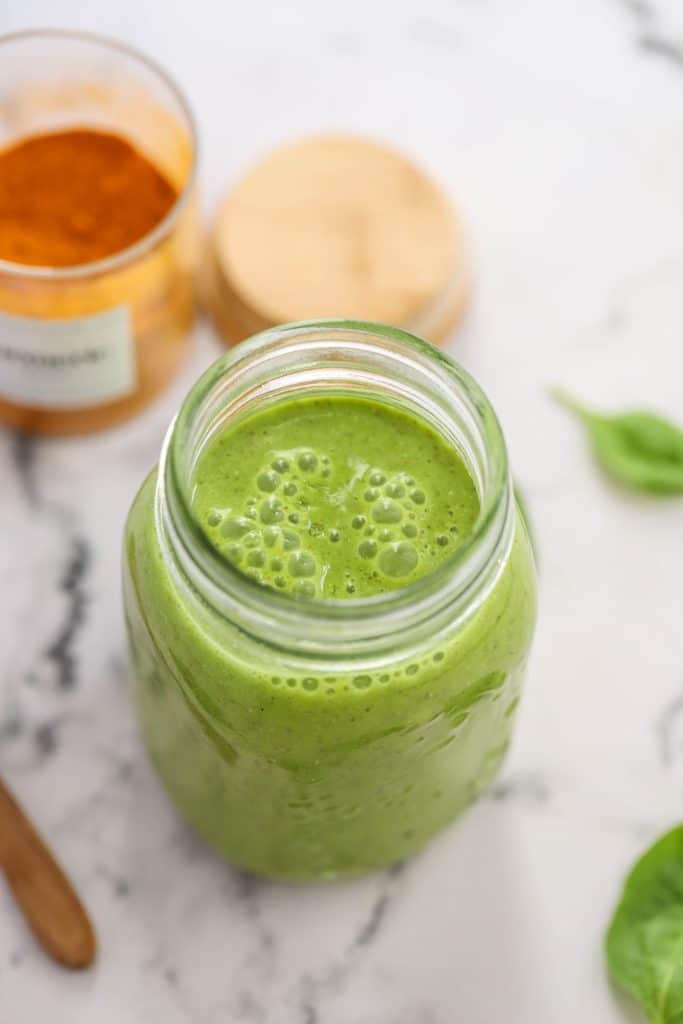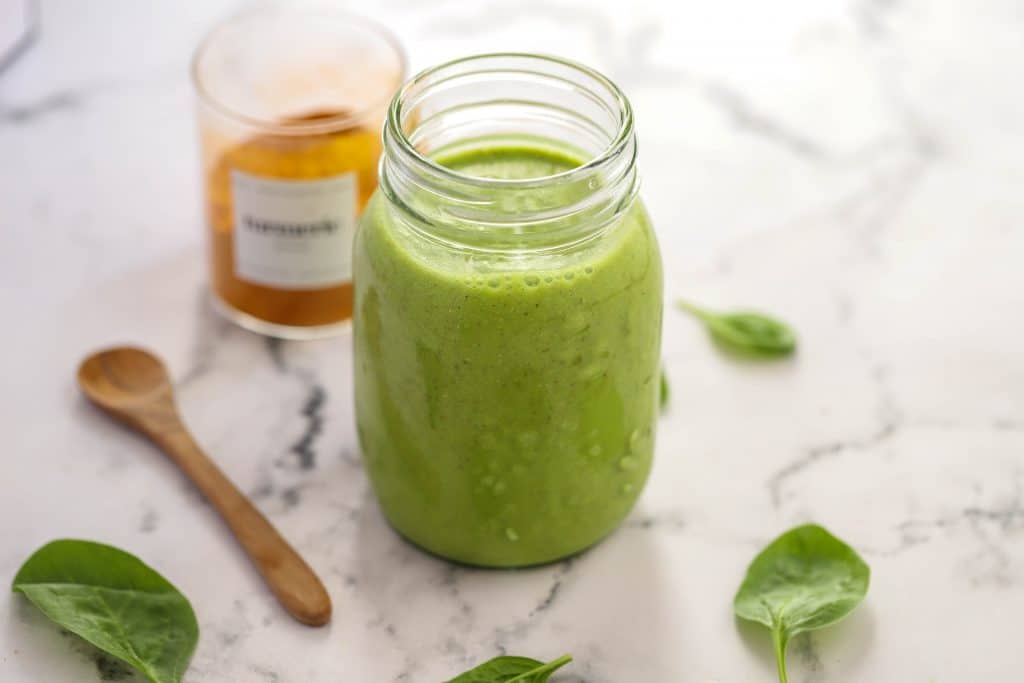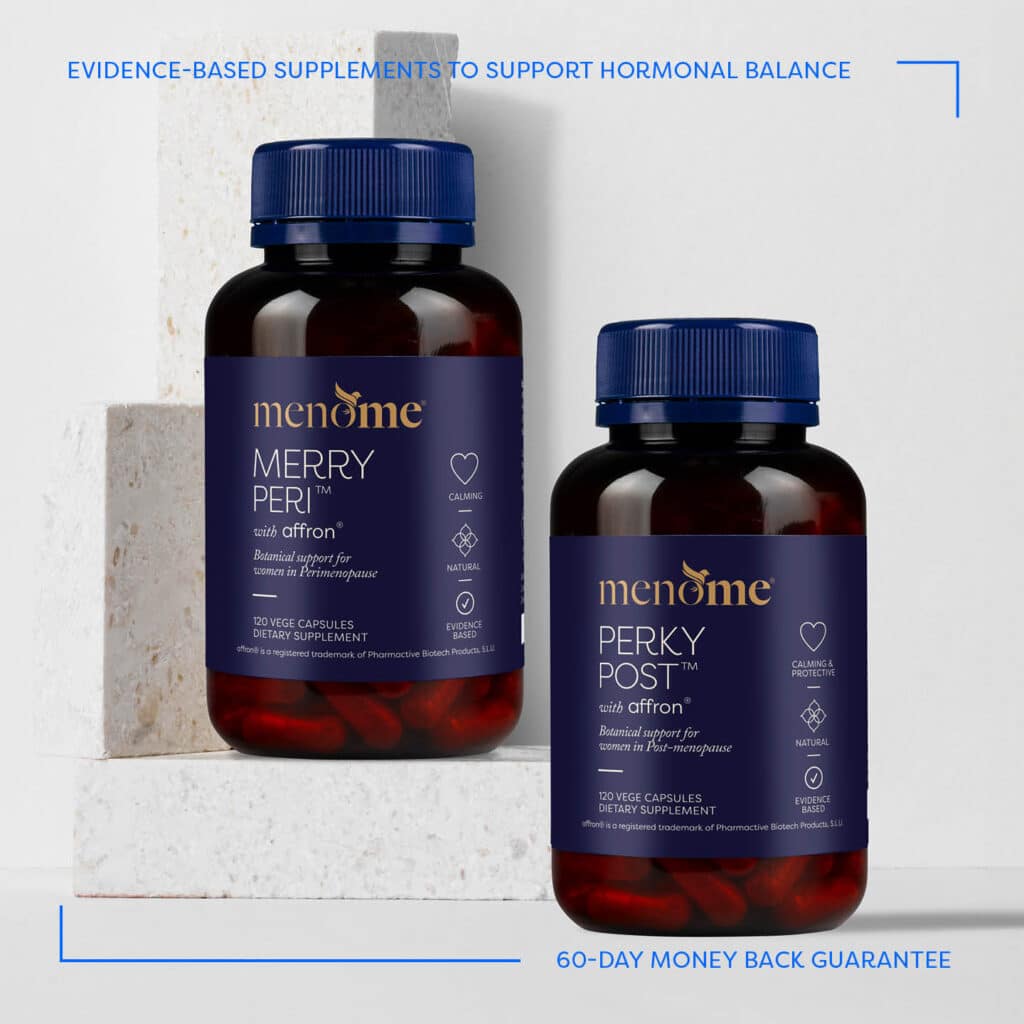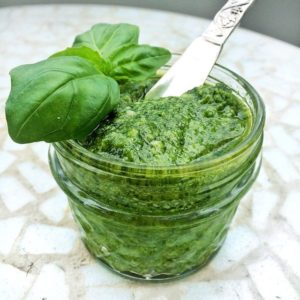Our recipes are perfect for everyone – especially women in pre-, peri- and post-menopause. 💙
Each one is packed with PPFF or protein, phytoestrogens, (healthy) fat and fibre to nourish your body naturally.
Plus they’re also anti-inflammatory and inspired by the Mediterranean Diet – delicious, balanced and designed to help you thrive.
Why PPFF?
PPFF works wonders for your body, the macronutrients protein, fat and fibre are essential particular in menopause.
By keeping blood sugar stable and hunger hormones in check, it supports weight management while delivering essential nutrients. (Gotta love that!)
Phytoestrogens play a key role too – they gently mimic estrogen, supporting depleted receptors in midlife.
There’s also compelling evidence that a plant-based diet can minimise menopausal symptoms. Plus, research shows a plant-based diet can help ease menopausal symptoms.
In fact, the European Menopause and Andropause Society backs the Mediterranean Diet for menopausal health and released a position statement on this.
And since inflammation can trigger joint pain, UTIs and more anti-inflammatory recipes are a smart choice.
Want to boost your diet with PPFF? Download our FREE Phytoestrogen Food List here. 😊
Anti-Inflammatory Turmeric & Pineapple Smoothie
This smoothie is a powerhouse of goodness!
It’s packed with protein and healthy fats from almond milk and chia seeds, plus a serious nutrient boost from leafy spinach.
Turmeric and black pepper are included for their anti-inflammatory benefits – black pepper helps activate curcumin, turmeric’s key compound. (Though more research is needed to confirm it full effects.)
And while pineapple is naturally high in fructose, it’s also rich in bromelain, and enzyme that may help reduce inflammation, support digestion and even relieve consitipation.
Sip, enjoy and nourish your body. 💙
Serves 2

Ingredients:
- 1 ¼ cups (300ml) almond milk, unsweetened
- 2 cups (60g) spinach, packed
- ¼ tsp ground turmeric
- 1 pinch of black pepper
- 1 tbsp chia seeds
- 1 ½ cups (250g) pineapple, chopped
Method:
- Place all the ingredients into a blender and blend until smooth.
- Divide the smoothie between two glasses and serve immediately.
Nutritional Information:
- Gluten-Free
- Dairy-Free
- Meal Prep
Approximate nutritional value per serve:
- Kcal 121
- Fats(g) 4
- Carbs (g) 21
- Protein (g) 3
- Fibre (g) 5sta






 Body-smart support for your stage of life
Body-smart support for your stage of life